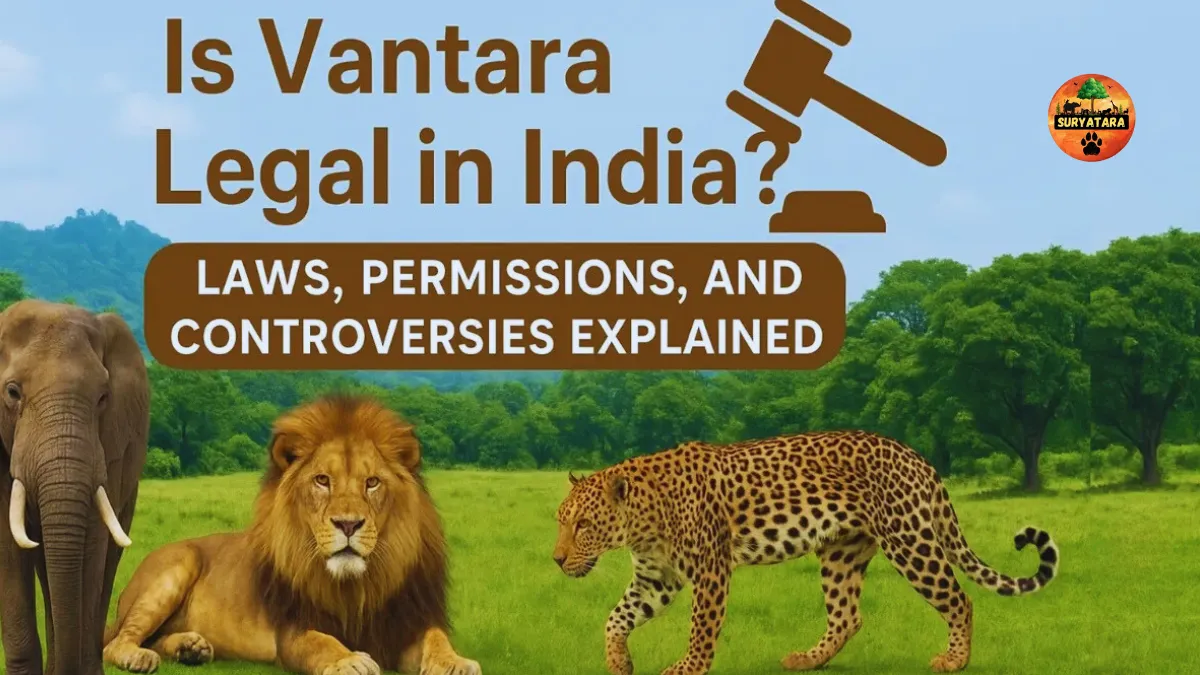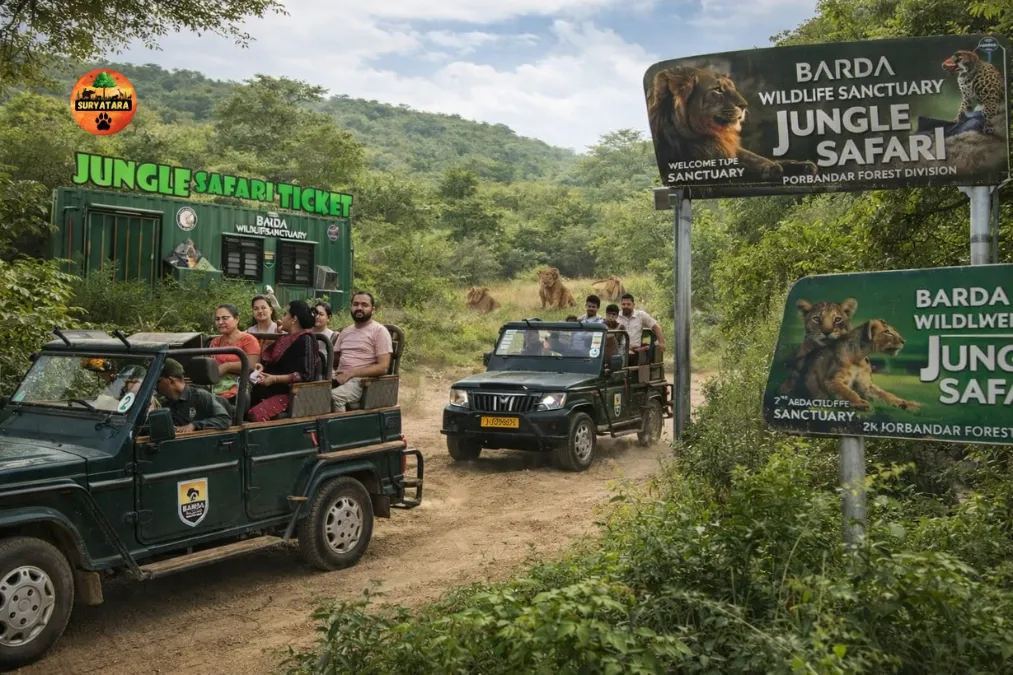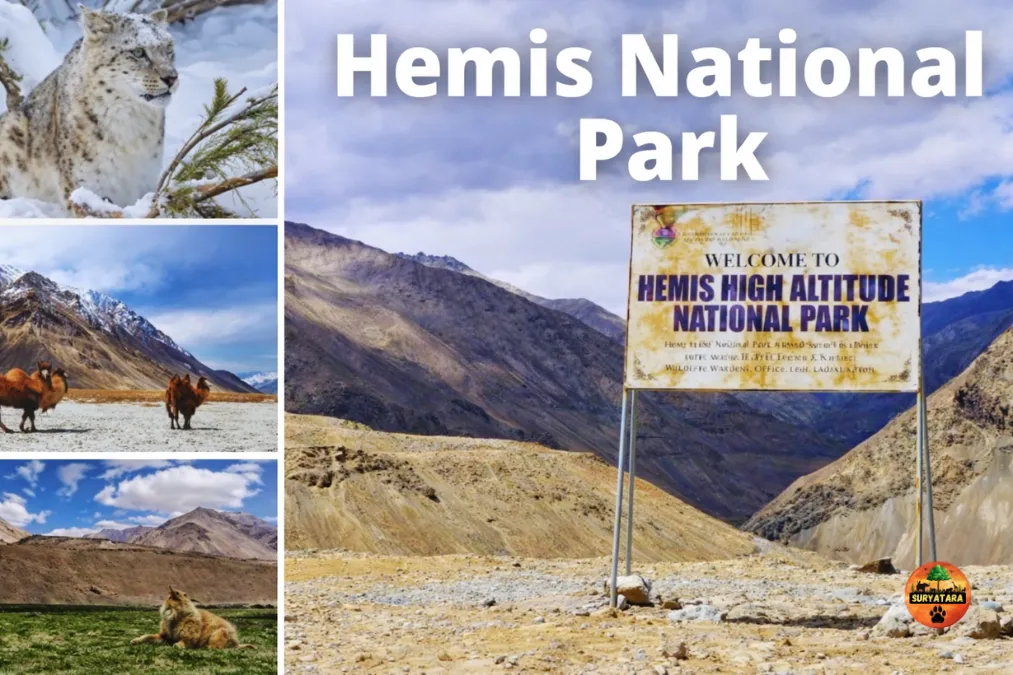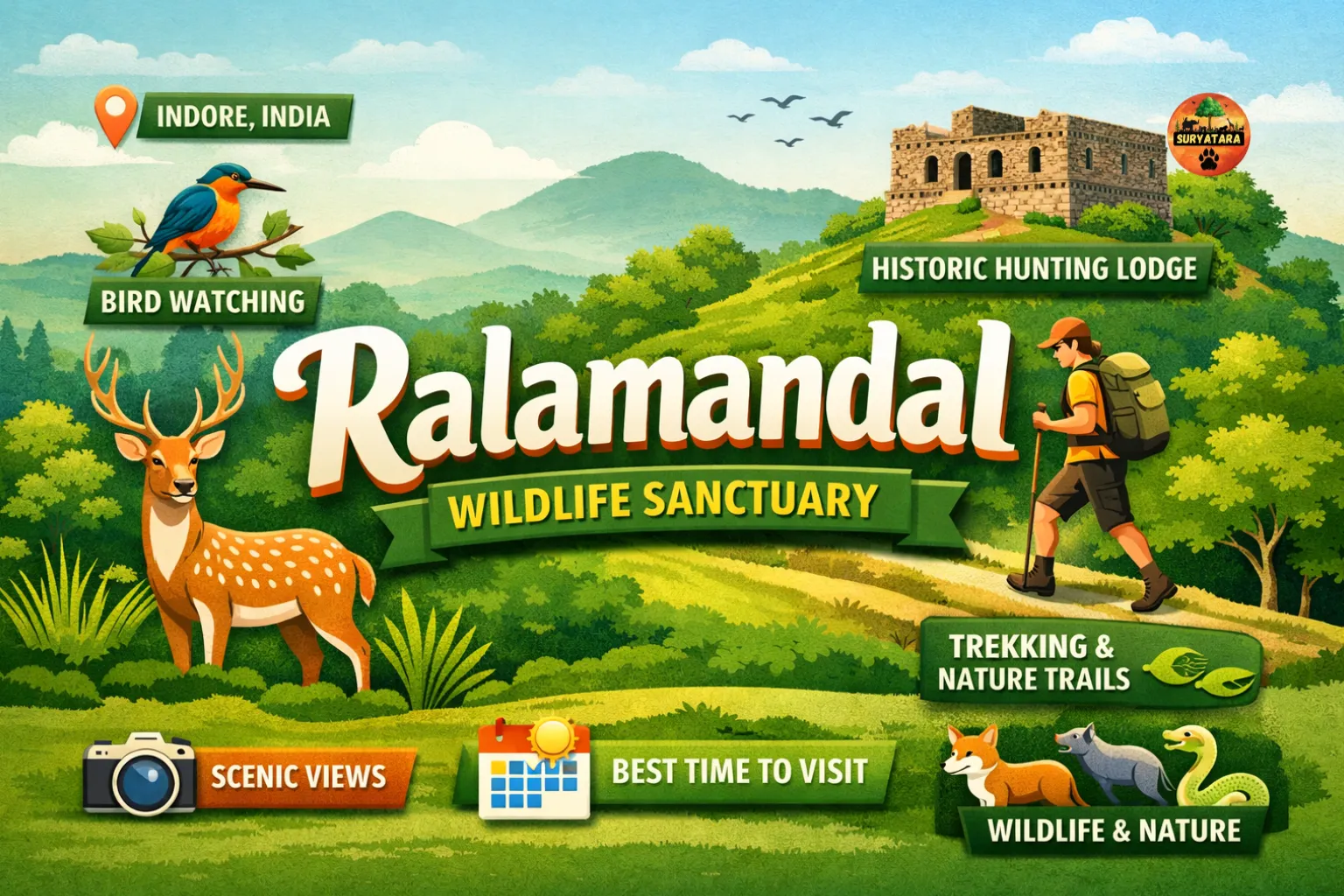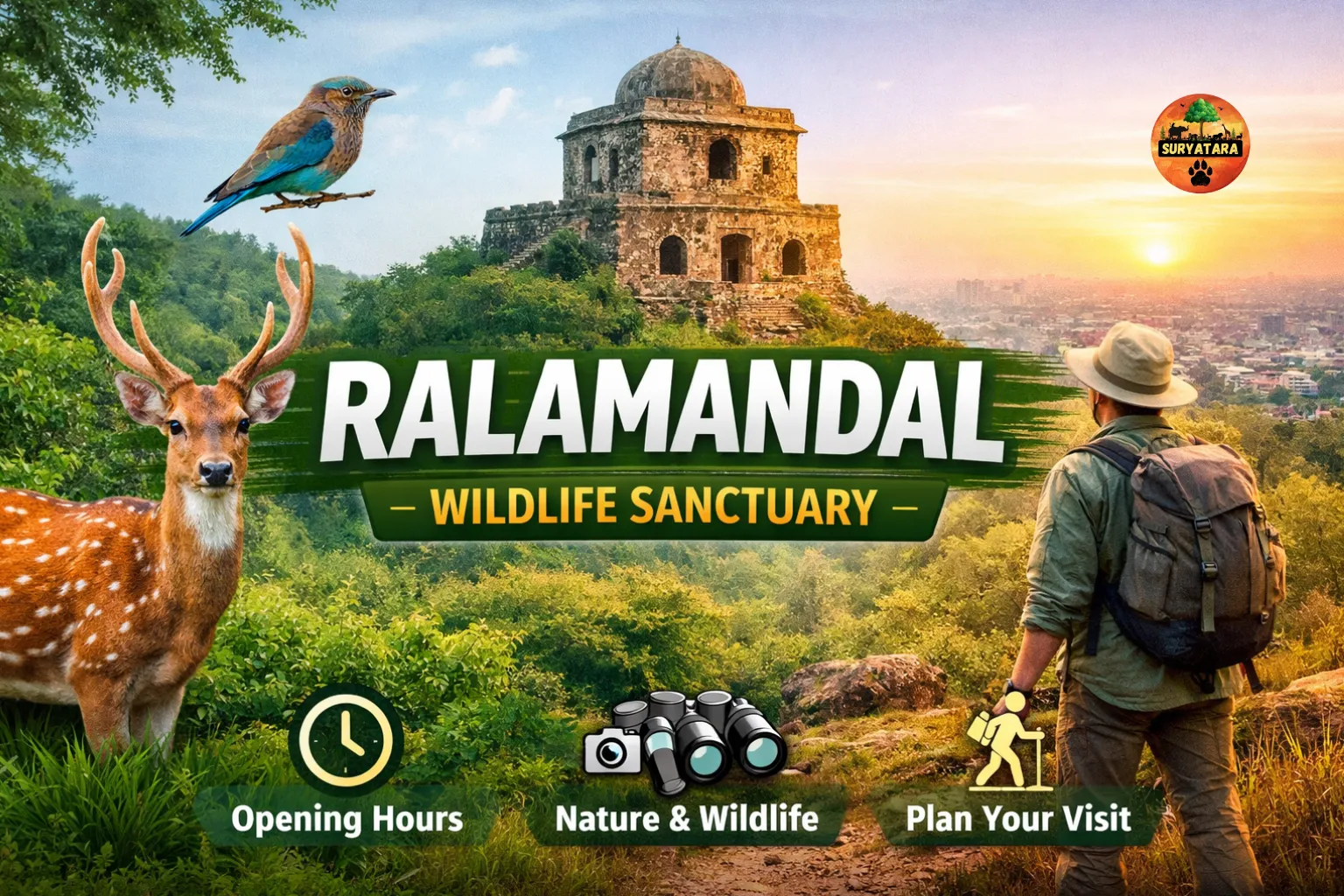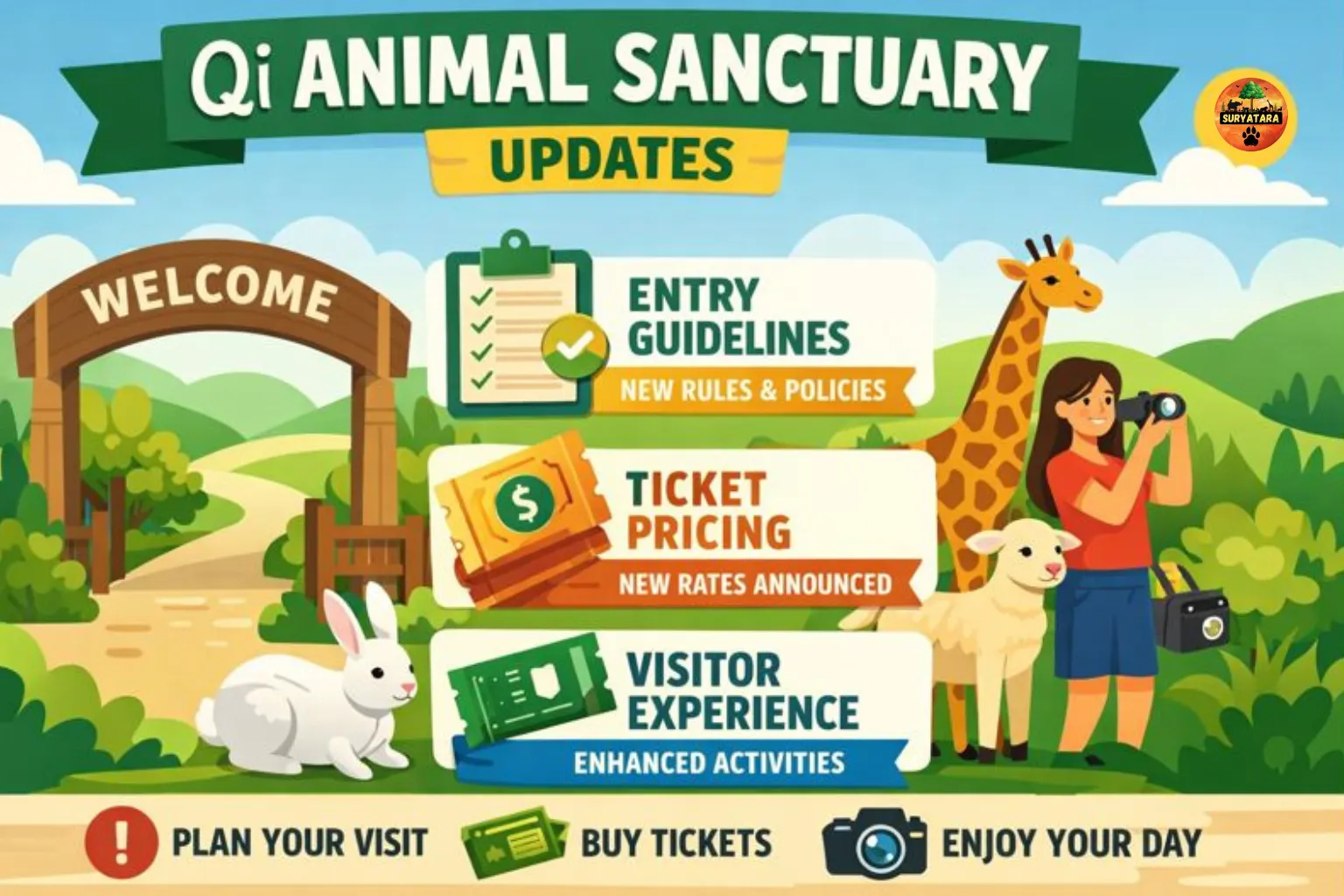Is Vantara legal in India? This has been a burning question ever since Reliance Foundation’s ambitious wildlife rescue and rehabilitation project in Jamnagar, Gujarat, came under the scanner. Allegations of animal smuggling, money laundering, and violation of statutory laws cast a shadow over the sanctuary, which is led by Anant Ambani. But in a landmark judgment, the Supreme Court of India has given a clear answer: Yes, Vantara is fully legal in India.
The apex court’s ruling came after an exhaustive investigation by a Supreme Court-appointed Special Investigation Team (SIT), which found no evidence of wrongdoing. With this verdict, Vantara has been cleared of all allegations and allowed to continue its work in wildlife conservation without any further legal hurdles.
Supreme Court Clears Vantara of Allegations
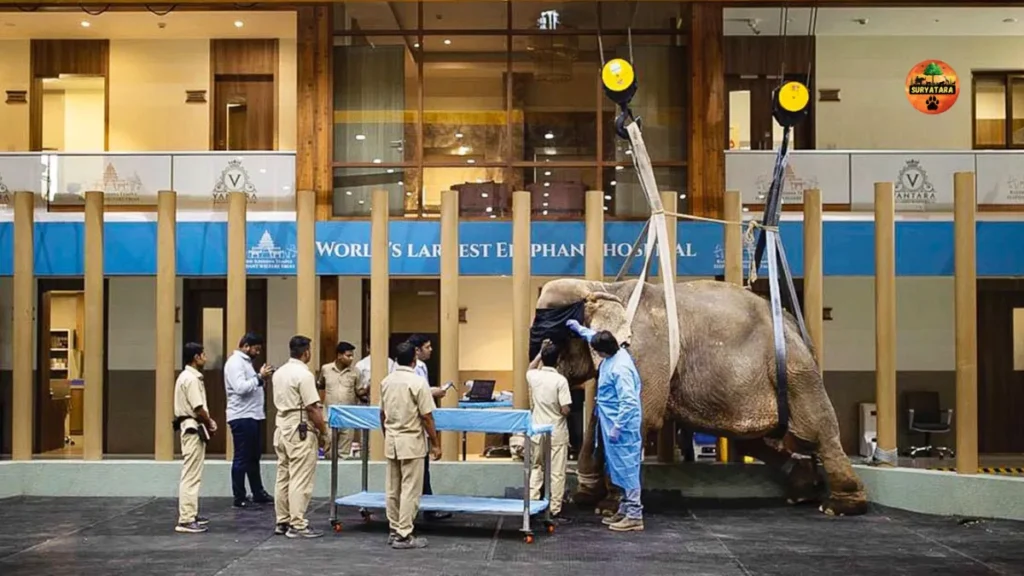
The bench of Justices Pankaj Mithal and P. B. Varale observed that the SIT’s findings were comprehensive and trustworthy. The court concluded that:
- There was no evidence of animal smuggling.
- There was no proof of money laundering or financial irregularities.
- There was no violation of statutory or environmental laws.
The judges also stated that the Vantara facilities actually exceed prescribed benchmarks in terms of infrastructure, animal care, and mortality rates. Importantly, the mortality figures were found to align with global zoological averages, indicating that the sanctuary operates at world-class standards.
In a strong move to bring finality to the matter, the Supreme Court ruled that no judicial, statutory, or administrative forum will be allowed to entertain any further complaints based on the same set of allegations. This effectively shuts the door on repeated litigations against Vantara.
Who Was in the SIT?
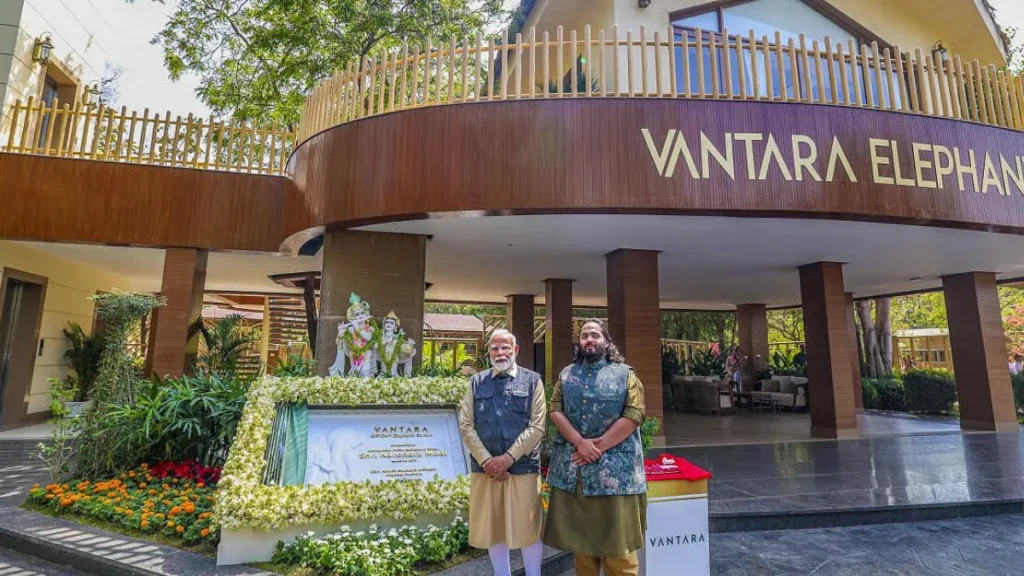
The Supreme Court had appointed a high-powered SIT to investigate the case thoroughly. Its members included:
- Justice Raghavendra Chauhan, former Chief Justice of Uttarakhand High Court
- Hemant Nagrale, former Mumbai Police Commissioner
- Anish Gupta, Additional Commissioner, Customs
The SIT submitted its sealed report on 12 September 2025, which became the basis for the Supreme Court’s final ruling.
The inclusion of such eminent and independent figures added credibility to the investigation. Their unanimous conclusion was that all allegations against Vantara were baseless.
Vantara Issues Statement After the Verdict
Following the Supreme Court’s clean chit, Vantara released an official statement:
“The SIT’s report and the Hon’ble Supreme Court’s order have made it clear that the doubts and allegations raised against Vantara’s animal welfare mission were without any basis. The validation of the truth by the distinguished and widely respected members of the SIT is not just a relief for everyone at Vantara but also a blessing, because it allows our work to speak for itself.”
The foundation also highlighted specific examples, such as the Spix Macaw project, where rare birds were loaned under a legitimate conservation program. This initiative is part of the ACTP conservation breeding program aimed at reintroducing the species to its natural habitat in Brazil. The SIT confirmed that all such international collaborations were legal and transparent.
Independent Validation of Vantara’s Work
Apart from the SIT, Vantara has also received recognition from Global Human Society (GHS), an independent international body that carried out a site inspection and audit.
After a detailed review, GHS awarded Vantara the “Global Humane Certified Seal of Approval”, a prestigious recognition that very few wildlife sanctuaries in the world hold. This certification is proof of high standards in animal welfare, care, and conservation practices.
Why Allegations Were Raised Against Vantara
Despite being one of the most modern and well-equipped wildlife sanctuaries in Asia, Vantara became a subject of controversy. Critics accused it of:
- Animal Smuggling – Claims that exotic animals were brought into India illegally.
- Financial Irregularities – Allegations of money laundering through conservation projects.
- Environmental Concerns – Questions about misuse of carbon credits and water resources.
However, the SIT’s findings proved that all these allegations were baseless. In fact, the court noted that Vantara was operating at standards higher than most global benchmarks.
The Bigger Question: Is Vantara Legal in India?
The Supreme Court verdict answers this once and for all. Yes, Vantara is legal in India.
- It follows all statutory and environmental laws.
- Its conservation projects, including animal transfers, are in compliance with international protocols.
- Its financial and operational practices are transparent.
By giving a clean chit, the court not only upheld Vantara’s credibility but also set an important precedent in the field of wildlife conservation in India.
Why the Verdict Matters
This case was significant for several reasons:
- Public Trust – The allegations had created doubts about Vantara’s mission. The clean chit restores trust.
- Wildlife Conservation in India – It proves that large-scale private initiatives can coexist with law and ethics.
- Global Benchmark – With both the SIT and GHS validation, Vantara now stands as a model for wildlife care globally.
- Legal Clarity – The ruling prevents repetitive litigations and allows the sanctuary to focus solely on its mission.
Vantara’s Role in Global Conservation
Vantara is not just another zoo or safari. It is a state-of-the-art animal rescue, rehabilitation, and conservation center that spans thousands of acres in Jamnagar, Gujarat. Founded by Anant Ambani under the Reliance Foundation, it houses both Indian and exotic species.
Some of its key contributions include:
- Rescuing abused and abandoned animals from circuses, private collections, and illegal trade.
- Rehabilitation and breeding programs for endangered species.
- Partnerships with global organizations for reintroduction of species like the Spix Macaw.
- World-class veterinary and research facilities that ensure top-notch animal care.
Table: Key Highlights About Vantara and Its Legality
| Aspect | Details |
|---|---|
| Question | Is Vantara legal in India? |
| Supreme Court Ruling | Yes, fully legal – no violation of laws found |
| Allegations Investigated | Animal smuggling, money laundering, misuse of resources |
| SIT Conclusion | All allegations baseless, facilities exceed benchmarks |
| Independent Validation | Global Humane Certified Seal of Approval (GHS) |
| Key Example | Spix Macaw project under ACTP program with Brazil |
| Impact of Verdict | Final closure of case, no further complaints allowed |
| Leadership | Anant Ambani, Reliance Foundation |
Also read: Vantara India Sets a Global Benchmark in Wildlife Conservation
Anant Ambani’s Vision Behind Vantara
Anant Ambani has often spoken about his deep love for animals and nature. Vantara reflects his vision of combining compassion with science to create a model sanctuary. Under his leadership, Vantara has become one of the largest and most advanced conservation projects in the world.
The clean chit from the Supreme Court now allows him and his team to focus fully on expanding conservation efforts, building global collaborations, and setting new benchmarks in wildlife care.
What Happens Next?
With the legal hurdles cleared, Vantara is expected to:
- Expand its global conservation partnerships.
- Strengthen its research and veterinary programs.
- Continue rescuing and rehabilitating animals across India.
- Set new standards in eco-tourism and wildlife education.
For conservationists, this verdict is a huge relief. It ensures that India continues to be at the forefront of global wildlife rescue and rehabilitation.
Also read: Vantara Verdict: A Landmark Step in Wildlife Conservation and Public Interest
Conclusion
So, is Vantara legal in India? The Supreme Court has made it absolutely clear – Yes, Vantara is 100% legal, ethical, and in full compliance with national and international laws.
The case that once threatened to derail one of the most ambitious conservation projects in Asia has ended in a big win for Anant Ambani and Reliance Foundation. More importantly, it is a victory for wildlife, as it ensures that thousands of rescued animals will continue to find care, safety, and a chance to thrive at Vantara.
As the court noted, Vantara is not just legal but also a benchmark-setting sanctuary that the world can learn from.
